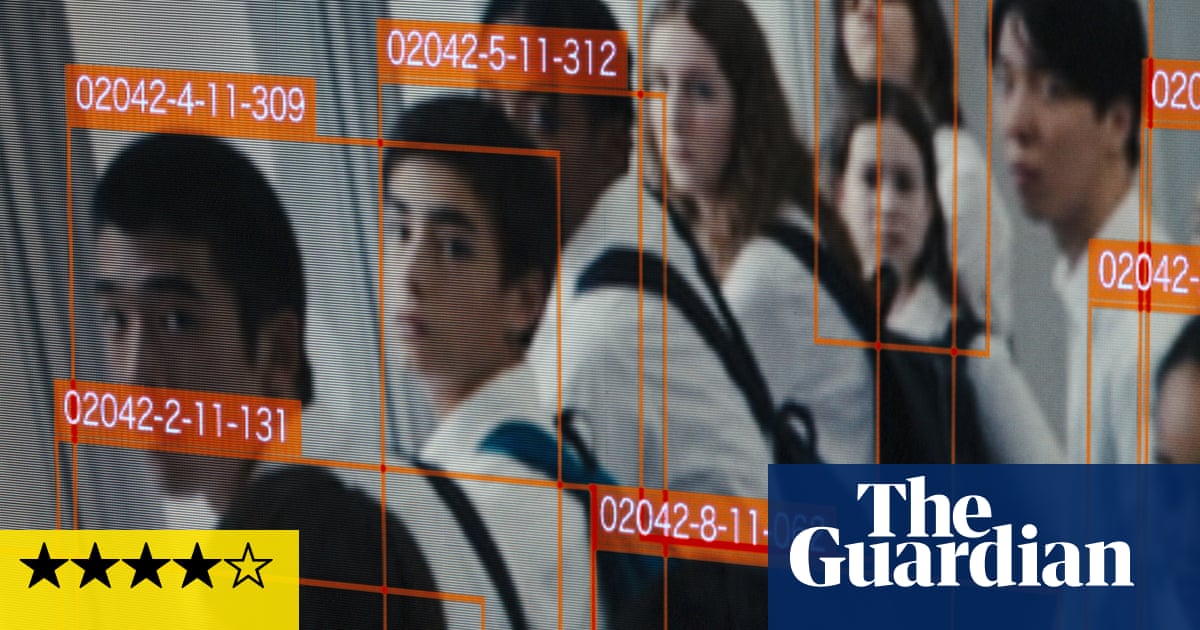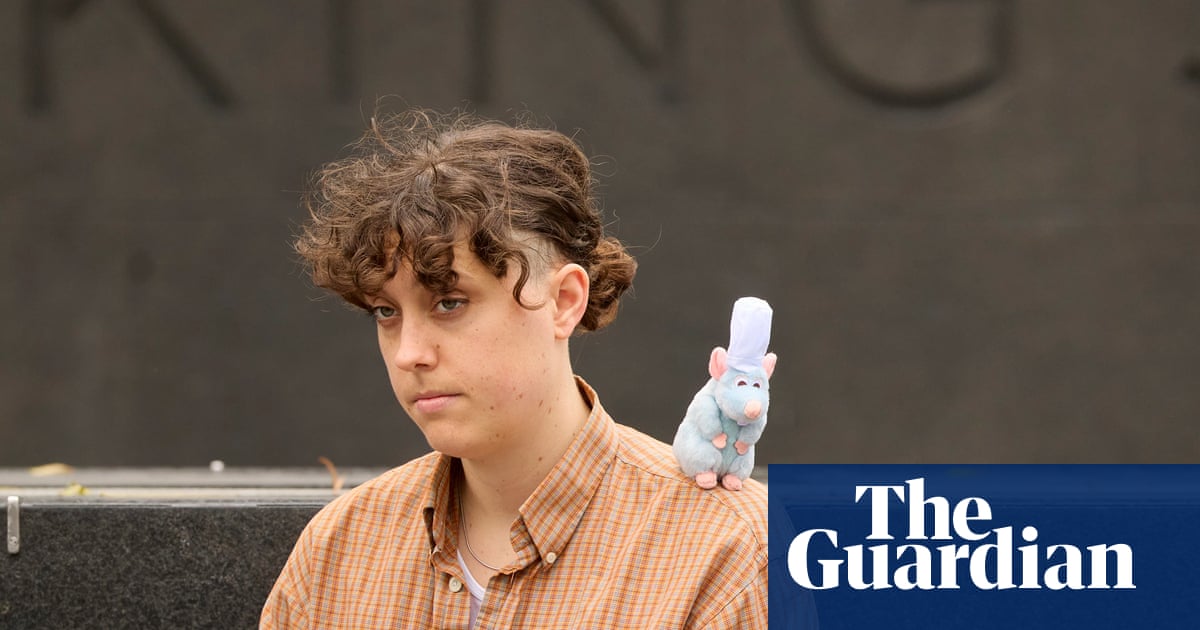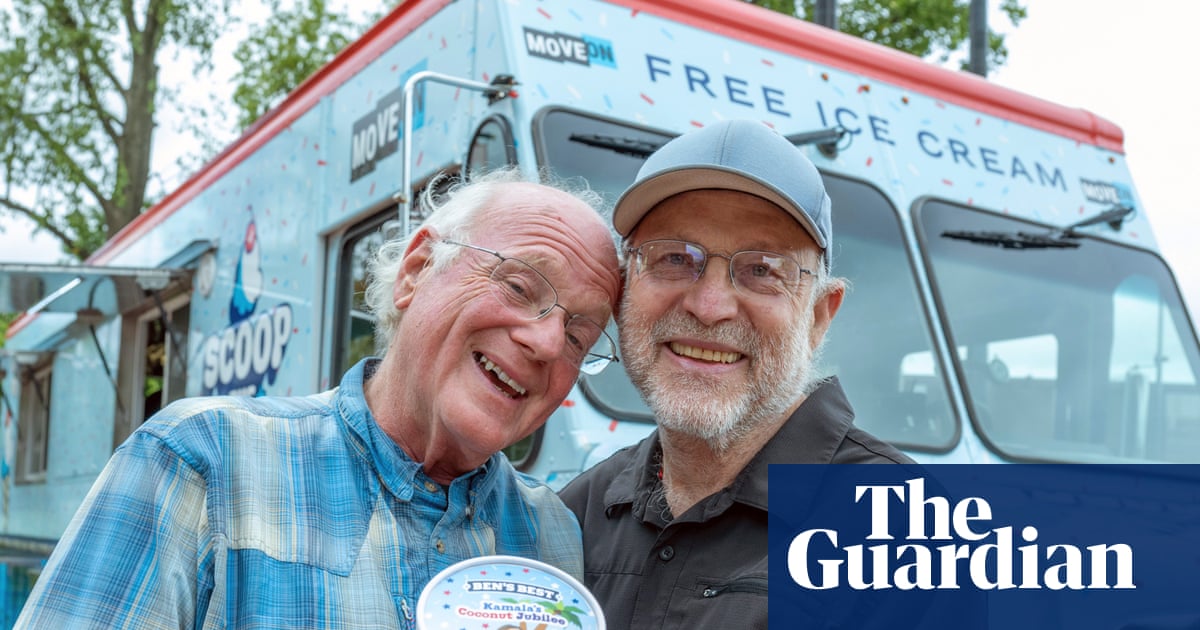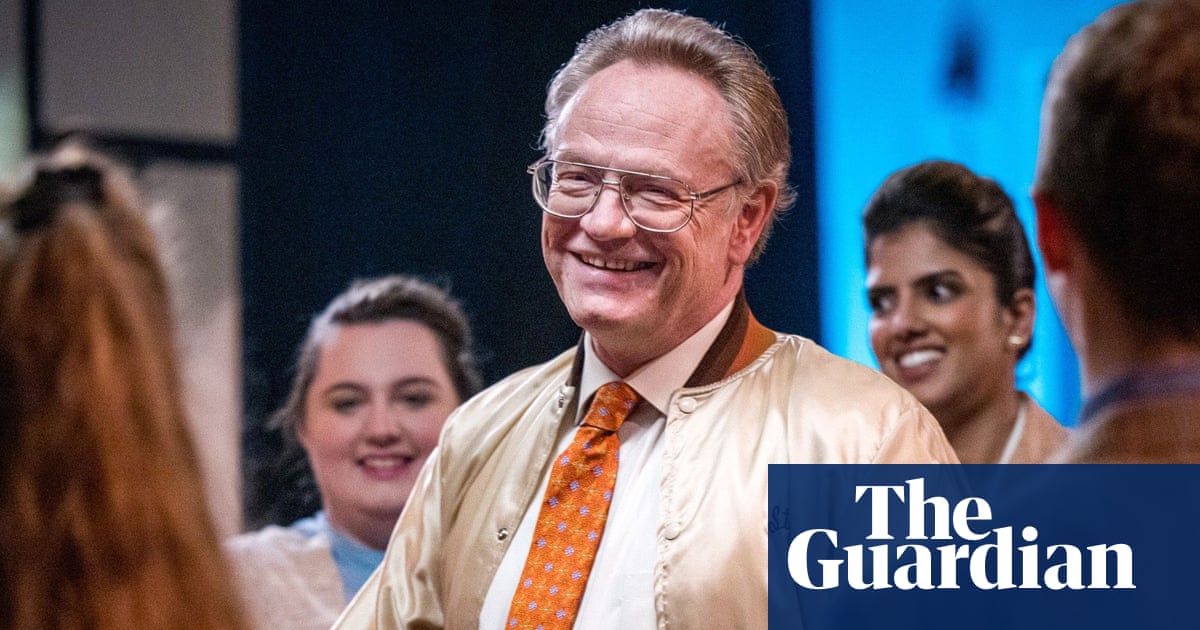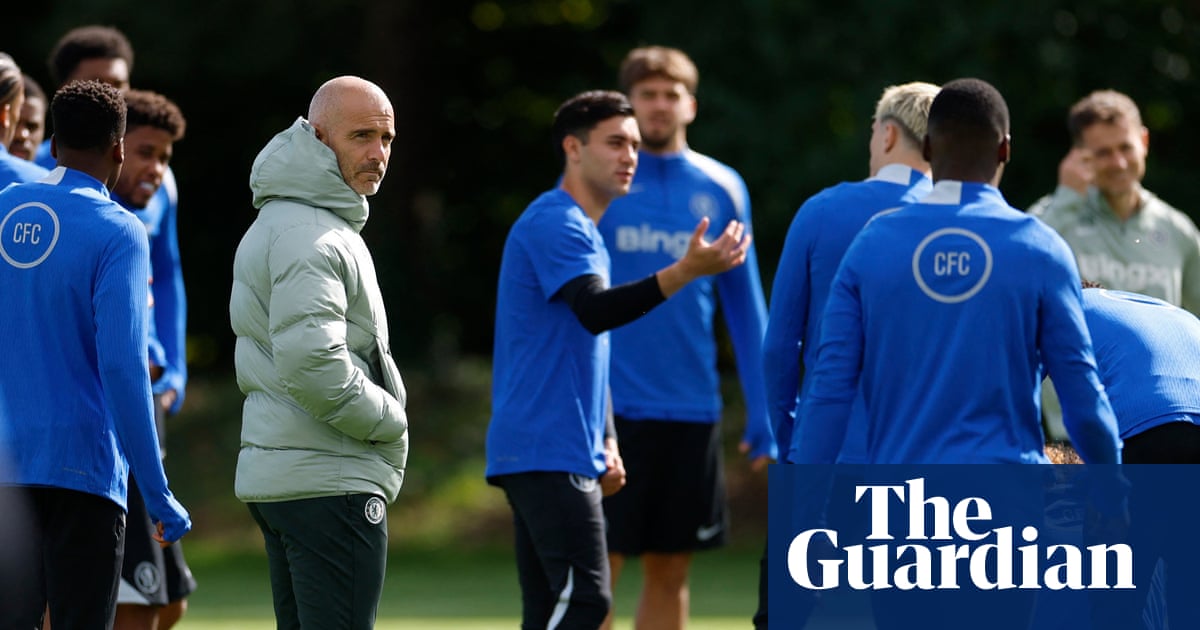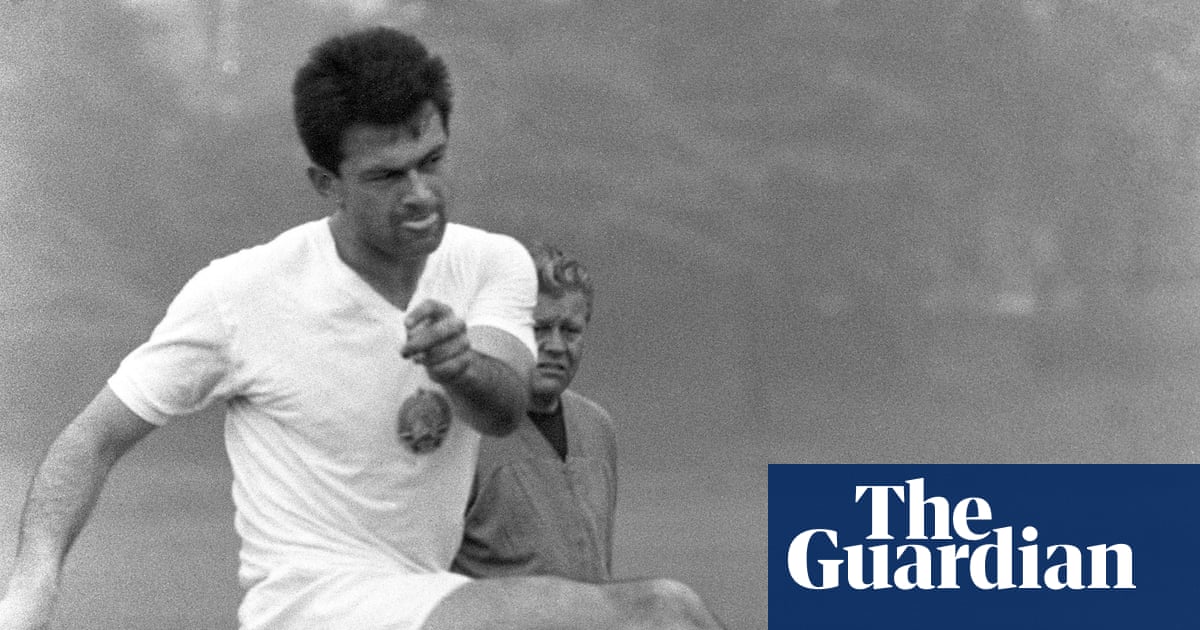In 1964, Andy Warhol shot the Empire State Building then turned it into an art film called Empire, which is more than eight hours long. I was reminded of this last Christmas when I let my nine-year-old niece choose what to watch on TV. She went straight to the YouTube app and pressed play on a video comparing US and UK chocolate bars. It went into such a tremendous amount of detail that I was mesmerised, not by the content but by how brazenly boring it was. It went on for what felt like hours. It might still be going on now.
I wonder if this is what television natives get wrong about YouTube. In all the discussions about disappearing attention spans and “second screen” viewing – ie scrolling on your phone while leaving a single brain cell free to drool at whatever product placement Emily in Paris has just dropped into the “plot” – there is an assumption that online content has to be short and snappy. That might be more true of TikTok or Reels, but YouTube is a place that chews up time then swallows it. Do I know this because I have watched lengthy self-produced documentaries about complete strangers’ walking holidays? Look, in the 60s, it would have been art.
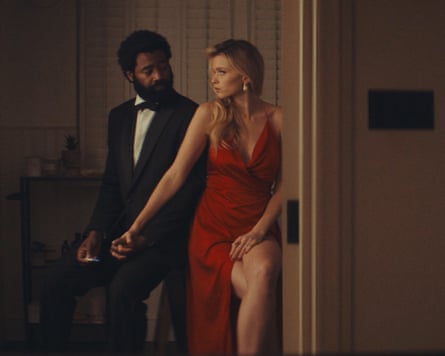
This is what Beth, Channel 4’s “digital original drama”, is trying to contend with. TV has long been worried about the internet coming for its audience, and it’s true that you are about as likely to get a young person watching live terrestrial TV as you are to get them to pick up the phone and have a conversation with you. How can old-fashioned television begin to compete? Should it even bother trying? Channel 4 is giving it a go. It has already made Hollyoaks a “streaming-first” soap, sticking episodes online a day before they appear on E4. Now it is trying a new approach with drama.
Beth will appear on YouTube in three 15-minute chunks from Monday 9 June, and on the actual telly as a single 45-minute episode, making it the skorts of the screen: why be one thing when you can be two? Beth is about a glamorous couple called Joe and Molly, played by Nicholas Pinnock and Abbey Lee, who are going through IVF treatment. We see the buildup to a much desired pregnancy, skip forward to the birth, then jump to a few years later, for reasons that would definitely spoil it if they were to be revealed here.
This is a family drama. There are brief fantasy sequences, of the children the couple might have, and discussions about what it means for Joe, a Black man, and Molly, a white woman, to have a child who resembles them both. It is also a low-key thriller. There are tensions between the couple, both obvious and implied. Their IVF doctor is overfamiliar and too tactile. Molly’s mother is disproportionately rattled by a child’s simple drawing.
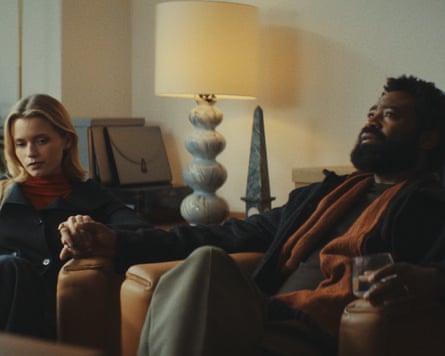
To add to the genre pile-on, Beth is being billed as science fiction, but knowing this doesn’t do it any favours, because without that knowledge, it looks like a straightforward, if slightly stagey, drama for almost the entire duration. If you do know that it is science fiction, you’re left to constantly anticipate exactly when the science fiction will kick in. For me, that undermines the more weighty emotional scenes, because as Joe and Molly endure both hope and devastation, a nagging voice in my head is wondering if they are going to turn out to be aliens.
It’s good that it doesn’t patronise viewers by assuming they won’t have more than five seconds of focus to spare. In fact, it’s so far from giddy that it is almost sedate. Nor does it go for the endless stretch that can afflict online content, where the time restrictions of traditional TV mean nothing, and you watch a man chew a Curly Wurly for what seems like many days. But that does mean that, ultimately, Beth feels like a one-off television drama, albeit one with an eyebrow-raising pivot towards the end. I can’t see what makes it so specifically digital.
If one of the existential issues facing TV is how to get young people to pay attention to it, then a meditative drama about IVF, identity and parenthood isn’t necessarily going to solve the problem. But if the idea is to win back some of the older eyeballs who have been distracted by, let’s say (just plucking this out of thin air) an in-depth documentary about a niche ultramarathon, then it might be on to something.

 3 months ago
98
3 months ago
98


